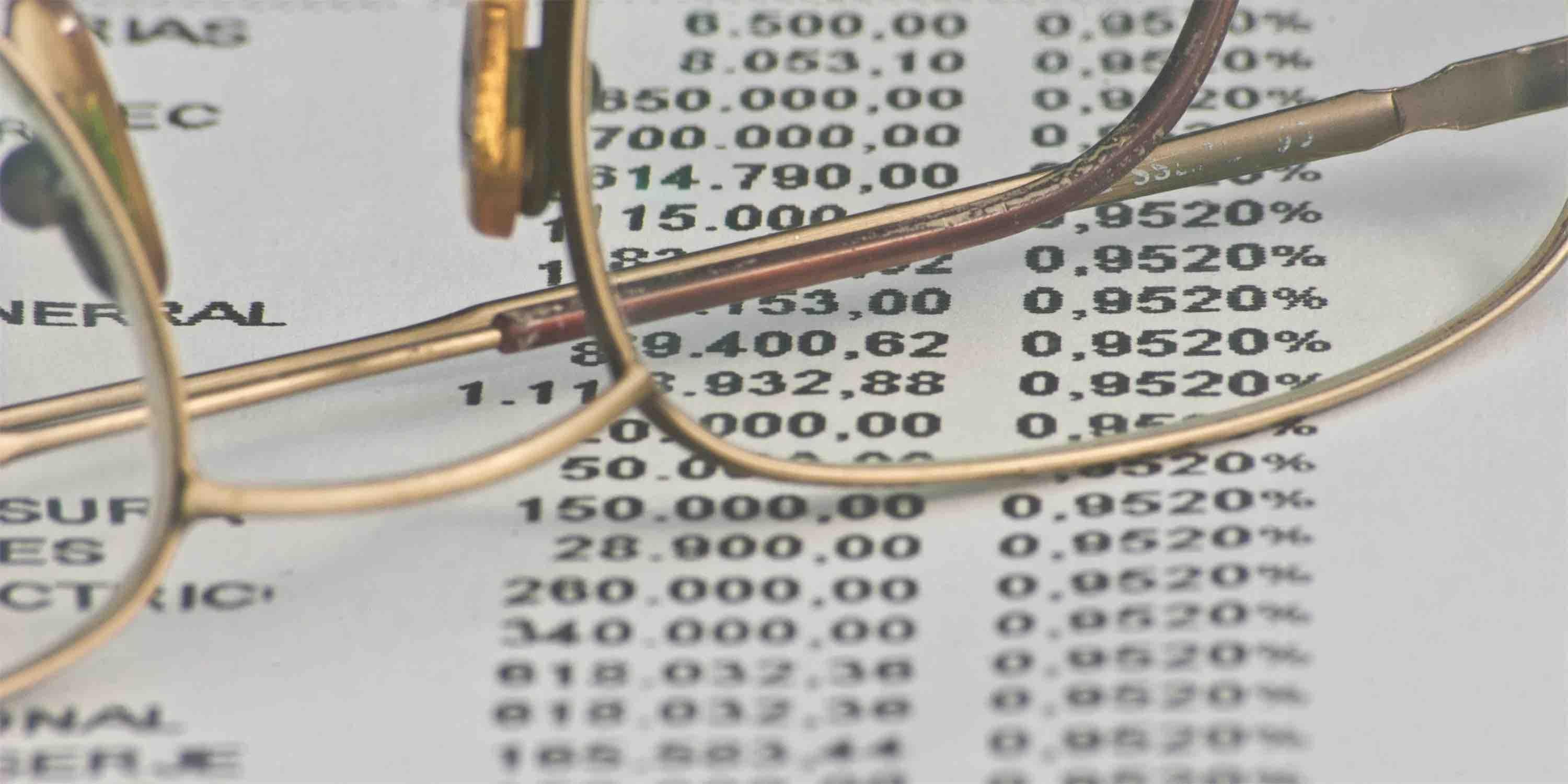Defending Tomorrow's Democracy: The Future of Elections in the Era of Advanced Technology
Friday, September 20th, 2024 9:00 AM - 3:15 PM
To receive CLE credit, the cost is $100 for alumni and $200 for non-alumni. CLE registration will be made available during the event.
Webcast Archive Content
Event Description
As the 2024 election comes into view, advanced technology is anticipated to have an unprecedented influence on voters before, during, and after they cast their ballots. While the risks of voter suppression, election manipulation, and misinformation predate advanced technology, a new capacity for instant generation, automation and deception now gives a small number of bad actors the opportunity to undermine our democracy like never before. But as many states, federal agencies, and Congress begin to regulate, the First Amendment may stop lawmakers in their tracks. Given the nascent stage of these technologies, the boundaries of freedom of expression in this context remains relatively unexplored. This symposium will reveal the who, what, when, where and why regarding advanced technology, election law and the First Amendment. And as advanced technology continues to invade the 2024 election, what can we learn, who can be held responsible and among other takeaways, how can we prepare for its inevitable use in the future.
Event Location
Case Western Reserve University School of Law
George Gund Hall
Room A59, Moot Courtroom
11075 East Blvd., Cleveland, OH 44106


